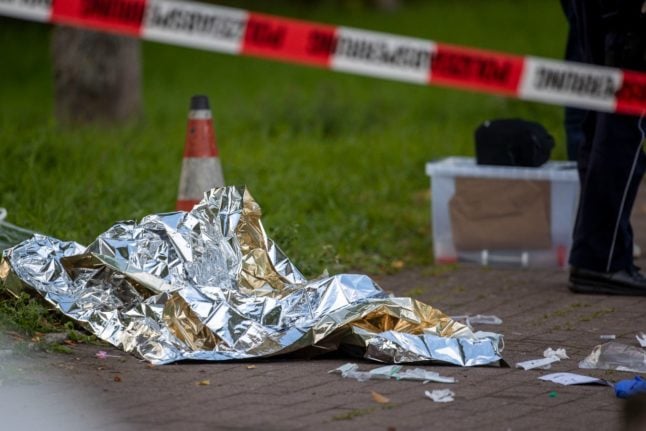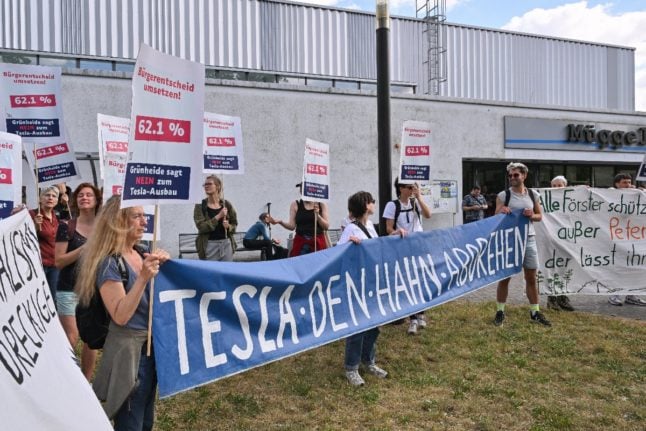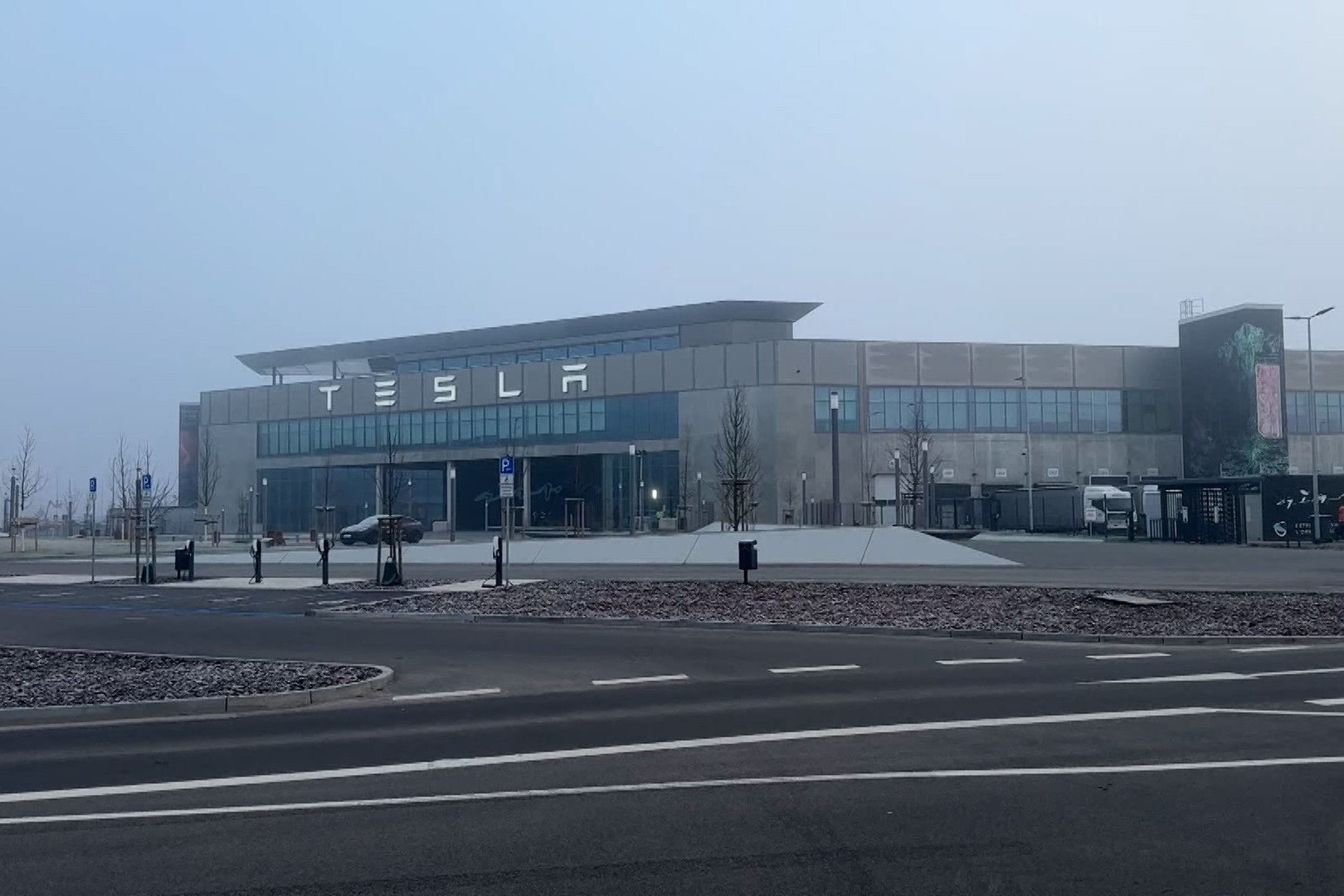2022 was the year most Berlin residents moved on from the pandemic, left their homes more often, and got on with life the way it was before Covid-19 – and the capital’s criminals were no exception.
The pandemic years of 2020 and 2021 led to an increase in cybercrime, which then fell in 2022 as murders, theft, and violent attacks all went up again in Berlin.
The capital and country’s largest city saw almost 520,000 separate crimes last year, representing an almost eight percent increase since 2021, according to statistics from Berlin Police. The city saw 38 cases of murder and manslaughter in 2022 and a further 76 attempts – for a total of 114. That’s about 14 more than in 2021.
While some crimes in Berlin in 2022 remained at a fairly average rate when looking at the last ten years, there were some notable exceptions. Almost 214,000 cases of theft were reported in the city last year – marking an increase of about 20 percent.
That’s still below the ten-year high set in 2015, but theft from machines – including ATMs, vending machines, and even the coins from city toilets – went up 1700 percent in 2022 to over 10,000 cases.
READ ALSO: FACT CHECK: Is crime really on the rise in Germany?
Another worrying statistic concerns increases in both knife and youth crime. Knives were involved in over 3,300 crimes in Berlin in 2022, a 19 percent increase over the year before.
Police also recorded a little under 25,000 suspects in 2022 who were younger than 21 years of age. That represents a 20 percent increase over 2021, but also a new ten-year high for youth crime. That means that pandemic restrictions being lifted doesn’t by itself explain Berlin’s recent spike in youth crime.
Berlin Police say most other crimes are happening at roughly the same rates as in 2018 or 2019 – and not quite at the ten-year high seen in 2015.




 Please whitelist us to continue reading.
Please whitelist us to continue reading.
Member comments